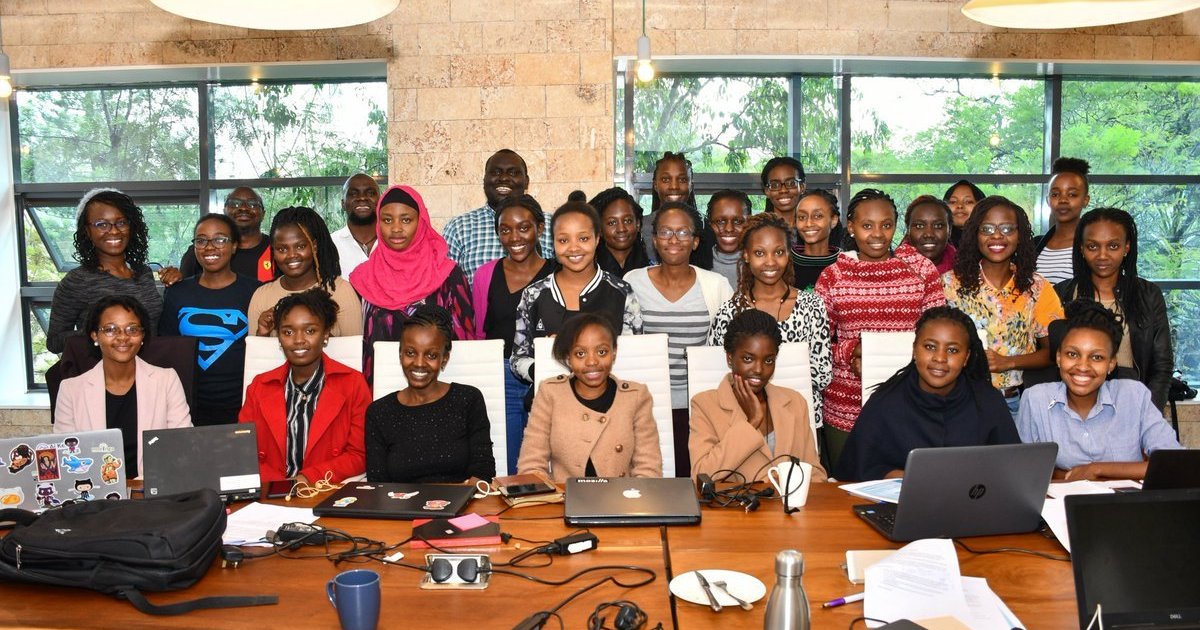advertisement
Microsoft mentors women software engineers in Kenya
Microsoft has for the past two months and still running, been recruiting female engineers to work in its new Africa…

Microsoft has for the past two months and still running, been recruiting female engineers to work in its new Africa Development Centre (ADC) in Kenya and in Nigeria in a bid to bolster its support for local women in ICT.
In June, ADC Nairobi hosted its first LEAP hackathon for 26 female developers, challenging participants to design creative solutions in AgriTech and FinTech using cloud computing, artificial intelligence (AI) and machine learning. This was followed by the expansion of the Cloud Accelerator Programme for women-led firms into Kenya, and the launch of the Women in Software Engineering (WISE) Mentoring Programme through Microsoft’s 4Afrika Initiative.
WISE4Afrika is currently mentoring a select group of female software and engineering students from Strathmore University, offering both virtual and in-person coaching, and experiential learning opportunities over a period of nine months.
advertisement
Participants are encouraged to use emerging technologies, like Machine Learning and AI, to build solutions and publish them on app stores, contribute to open source, participate in hackathons, and submit proposals for papers at conferences.
“We’d like to thank Microsoft for choosing Strathmore as the first university to launch WISE4Afrika,” says Dr Joseph Orero, Dean of the Faculty of Information Technology at Strathmore University.
Vincent Ogutu, the Vice Chancellor Designate at Strathmore, who spoke at the launch of WISE4Afrika, encouraged participants to embrace the learning opportunity, noting that it will go a long way in enriching Strathmore programmes, even hoping it serves as an inspiration to other universities to connect with the industry more closely.
advertisement
“Be intentional and set yourselves clear goals regarding the skills you want to learn, so that you can become outstanding role models for all women across Africa,” he said.
According to the Global Gender Gap 2018 report, only 22 percent of AI professionals globally are female. This is compared to 78 percent who are male. The report argues that it is of critical importance to reverse this trajectory now and promote diverse talent, so that economic opportunities created by AI do not increase existing gender inequalities, but rather serve the needs of society at large.
“Through programmes like WISE4Afrika, we’re exposing more women to mentorship from female engineers, executives, educators and entrepreneurs, creating a culture where more women are attracted to STEM, and see themselves having careers in the ICT industry,” says Wanjira Kamwere, Business Development Manager for 21st Century Skills at Microsoft.
advertisement
“Diversity fuels better innovation and better business, which is why we’re actively focused on promoting diversity in today’s workforce.”
WISE4Afrika is a manifestation of Mentors across Borders, an initiative created by women technology leaders at the Microsoft India Development Centre, in collaboration with Microsoft Kenya. While starting with a single university, the programme hopes to follow an approach of starting small to succeed, learn, improve and then scale.